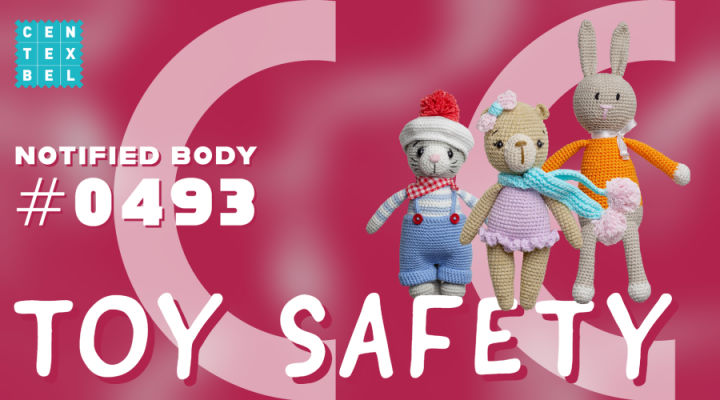Toys offer kids the chance to explore, experiment, and learn in a fun and exciting way. They not only aid in various aspects of development but also cultivate a lifelong love for learning.
- Lots of toys are designed to stimulate a child's thinking abilities. For instance, puzzles, building blocks, and shape-sorters encourage problem-solving skills, spatial awareness, and cause-and-effect understanding.
- Toys like dolls, action figures, and playsets allow children to engage in imaginative play, which helps develop creativity, storytelling skills, and thinking outside the box.
- Toys also promote cooperative play, such as board games or pretend play sets, which help children learn important social skills like sharing, taking turns, and collaborating with others. These skills are crucial for building friendships and navigating social interactions later in life.
- Furthermore, toys can help children explore and understand their emotions. Dolls and stuffed animals, for example, provide opportunities for children to express empathy, nurture others, and develop a sense of compassion.
- Toys that involve physical activity, like balls, bikes, and climbing structures, promote gross motor skills and physical coordination. Fine motor skills can also be developed through toys like building sets, drawing materials, and musical instruments.
- Many toys, especially those involving storytelling, role-playing, or interactive elements, support language development. They can help children expand their vocabulary, improve communication skills, and gain a better understanding of language structure and syntax.
- Lastly, when toys present challenges or require experimentation, they help children develop critical thinking and problem-solving skills. This can include construction sets, science kits, or logic puzzles.
Centexbel takes toys safety to heart by offering its certification services as Notified Body #0493 and a comprehensive set of tests according to EN71 and other applicable standards
All toys that are sold in the European Union must bear the CE mark, indicating that they comply with the Toy Safety Directive 2009/48/EC, that outlines the rules on the safety of toys and on their free movement in the Community and lays down the safety criteria that toys must meet before they can be marketed in the EU. Toys must also comply with any other EU legislation applicable to them.
Centexbel offers a Quick Test Package to assess the safety of toys, including
- the determination of chemical components (EN 71-3)
- our expertise in the chemical composition of textiles and chemical substances allows us to quickly detect and analyse the most common organic chemical components (EN 71-9,10 & 11)
- burning behaviour tests (EN 71-2)
- mechanical tests (EN 71-1) on toys
- laundry tests on children’s and baby’s articles.
For the purpose of adopting specific limit values for chemicals used in toys, the Commission Directive (EU) 2017/774 of 3 May 2017 amends Appendix C to Annex II to Directive 2009/48/EC of the European Parliament and of the Council on the safety of toys, as regards phenol.






